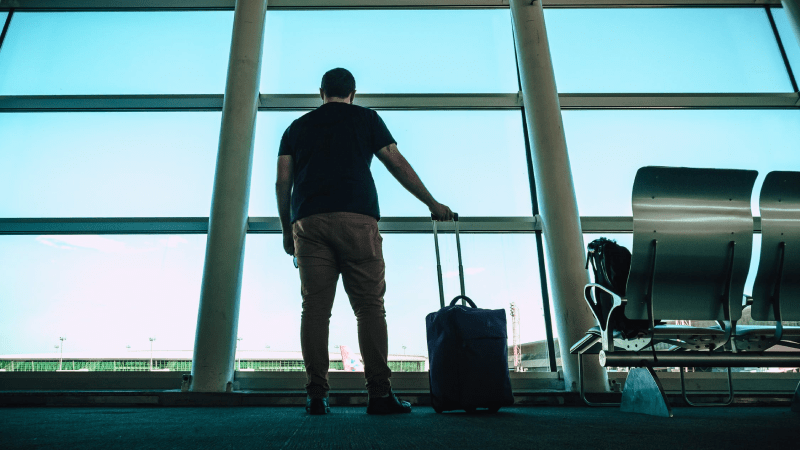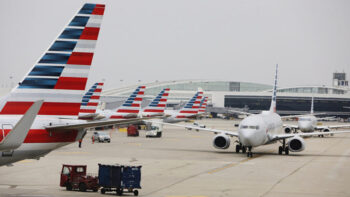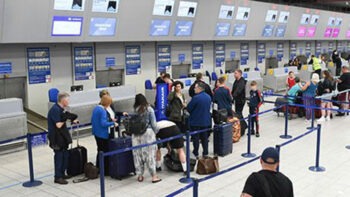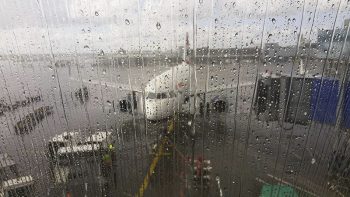Expedia Group’s new Traveller Value Index revealed that more than a third of travellers have larger travel budgets now compared to 2020.
And while the research was conducted by an online travel retailer, it reveals some good news for travel advisors.
The surveys were conducted by Wakefield Research, interviewing 8,000 adults in Canada, Australia, France, Germany, Japan, Mexico, the United Kingdom and the United States between 16APR and 07MAY.
18 per cent of respondents said that they expect travel to be the activity they spend the most on in 2021. 36 per cent even said they would trade a pay raise for more vacation days.
Domestic travel is still largely preferred, with 60 per cent of respondents opting for it in the short-term. At the same time, the appetite for international travel is on the uptick, with 27 per cent thinking they’ll venture out of their country within the next year.
Crucially, nearly three-quarters - 71 per cent - of travellers are comfortable showing a vaccine passport.
According to the Index, security of their travel investment and safety rank as the highest priorities for travellers.
“As vaccination rates rise and borders open across the globe, people are ready and eager to travel. However, the months of uncertainty are weighing on their travel decisions and shifting the conventional belief that price is the top driver of bookings,” said Ariane Gorin, president, Expedia for Business, Expedia Group.
In addition, the survey's “insights show people want to book with trusted travel providers that will deliver on their experiences, keep them safe, and protect their financial investments.”
These are priorities that favour personal relationships and the services of travel advisors over online booking engines.
It’s not just attitudes towards price that have seen a change.
59 per cent of travellers are willing to pay higher fees to make their trip more sustainable.
65 per cent are more likely to book with travel providers that have inclusive policies. This includes properties that are owned by women and/or people of colour, are welcoming to the LGBTQIA+ community, and those that are supportive of people with disabilities.
Different age groups revealed other differing priorities, including: :
- For hotels and vacation rentals, the older the respondent, the greater the value placed on the ability to get a full refund. However, travellers under the age of 40 rank enhanced cleaning as the most important factor in hotel bookings, while also seeing more value in contact-less experiences and premium benefits.
- North American millennials, or those born between 1981 and 1996, value flexibility in car rental decisions, ranking the ability to make changes second.
- Airline travel decisions are also driven by financial security, where more than a quarter of respondents (26%) most value the ability to get a full refund. However, millennial and Gen Z travellers, or travellers under the age of 40, see more value in contactless experiences, first-class benefits, and environmentally friendly policies compared to older generations. The trend of North American millennials valuing flexibility is also evident in air travel, showing how the ability to change plans without penalty is worth just as much to this cohort as lower pricing.
- Cruise travel is the only category where low pricing tops passenger priorities. However, North American Gen Z travellers, or those born in 1997 onwards, rank environmentally friendly policies second in the list of values, showing that younger age groups weigh the environmental impact of their travel decisions in addition to price.






